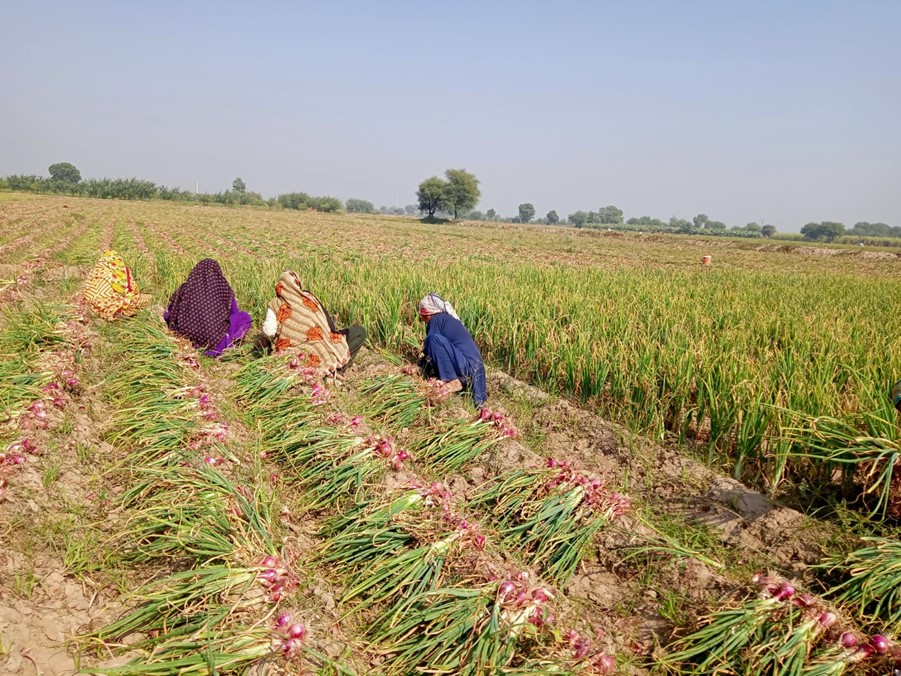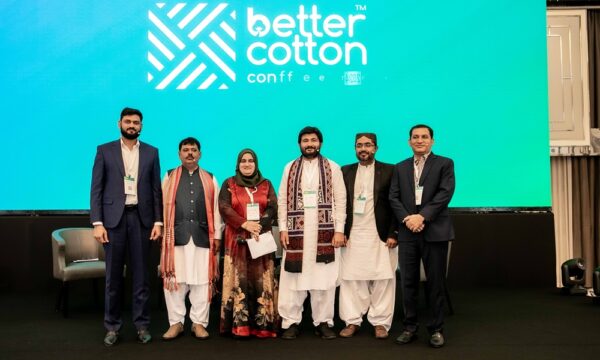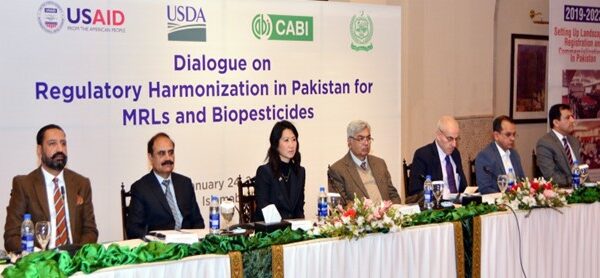
CABI’s centre in Pakistan is currently implementing an ACIAR-funded R4D project in Sindh. Called ‘Strengthening Vegetable Value Chains in Pakistan’ (SVVCP), the project aims to benefit community livelihoods.
The project adopted the participatory action research (PAR) methodology through a multidisciplinary team to improve the production technology of smallholder farmers. It did this in the context of a value chain approach in order to make farmer businesses more competitive, shifting them from a production-led to a market-led approach to deliver the level of onion quality desired by customers.
Problems and opportunities
The project selected a village called Ibrahim Shah near Tando Allahyar in Sindh as its targeted village to study how to apply the onion value chain approach to rural communities. To start, the project team worked with village farmers to identify problems and opportunities in existing onion chains through value chain analyses. Based on the outcome of the analyses, four interventions were proposed, focusing on improving the kind of onion bulb quality that customers want to see:
- Stopping irrigation 20 days before harvesting – to improve bulb quality
- Curing for 2 weeks after harvest – to improve storability
- Proper cutting, sorting and grading – to improve post-harvest quality
- Better marketing (direct marketing) – to improve marketing efficiency
In the first two years (2019-21), the project conducted consignments with a small group of farmers in order to demonstrate the benefits of the interventions to farmers’ businesses. This approach has proved to be very successful.
Surveys conducted
The onion village has a total of 250 families and among them 201 families have grown onion crops in the third year (2021-2022). The project team conducted individual surveys of 196 male farmers growing onions and 194 of them adopted the project interventions, recording an adoption rate more than 98%.
The average volume produced from each onion farmer adopting the interventions was 26.5 tonnes. A total of 5,140 tonnes of onions were produced through SVVCP interventions in 2021-2022, and most of them were exported due to meeting the desired market quality. The average price farmers received from their onion interventions was 67% higher than the market price.
Profits made
The financial data collected from 15 SVVCP farmers who kept a record of production costs, showed that the average profit was 14,283 Rs/acre, even though the onion local price was relatively low in 2021-2022 compared to previous years.
These findings indicate successful local-level upscaling of SVVCP approaches and best practice interventions at village level. It has greater impact on community livelihood in terms of increase in income, recognition, market access, linkage development, and women and youth empowerment.
Additional information
Main image: The Strengthening Vegetable Value Chains in Pakistan project is addressing issues which compromise sustainable livelihoods, particularly for women and youth (Credit: CABI).
Authors
- Dr Habat Ullah Asad
- Mr Azeem Hayder Naqvi
Contributors
- Dr Gomathy Palaniappan, School of Agriculture and Food Sciences, The University of Queensland
- Dr Tim Sun, Teams Coordinator, SVVCP
- Mr Muhammad Asif – Project Manager, SVVCP
Acknowledgement for financial support
Find out more – from the project page – how an alliance of organizations is aiming to improve the livelihoods of rural communities in Sindh and Punjab through strengthening selected horticultural value chains and promoting sustainable production and marketing opportunities.
Related News & Blogs
Strengthening the potato value chain in the Kurdistan Region of Iraq
On 30th May, we marked the International Day of Potato. In this blog, CABI’s Crop Health Advisor Anna Wood provides an update on a five-year project led by CABI to strengthen the potato value chain in the Kurdistan Region of Iraq. An ambitious five-yea…
3 June 2025




